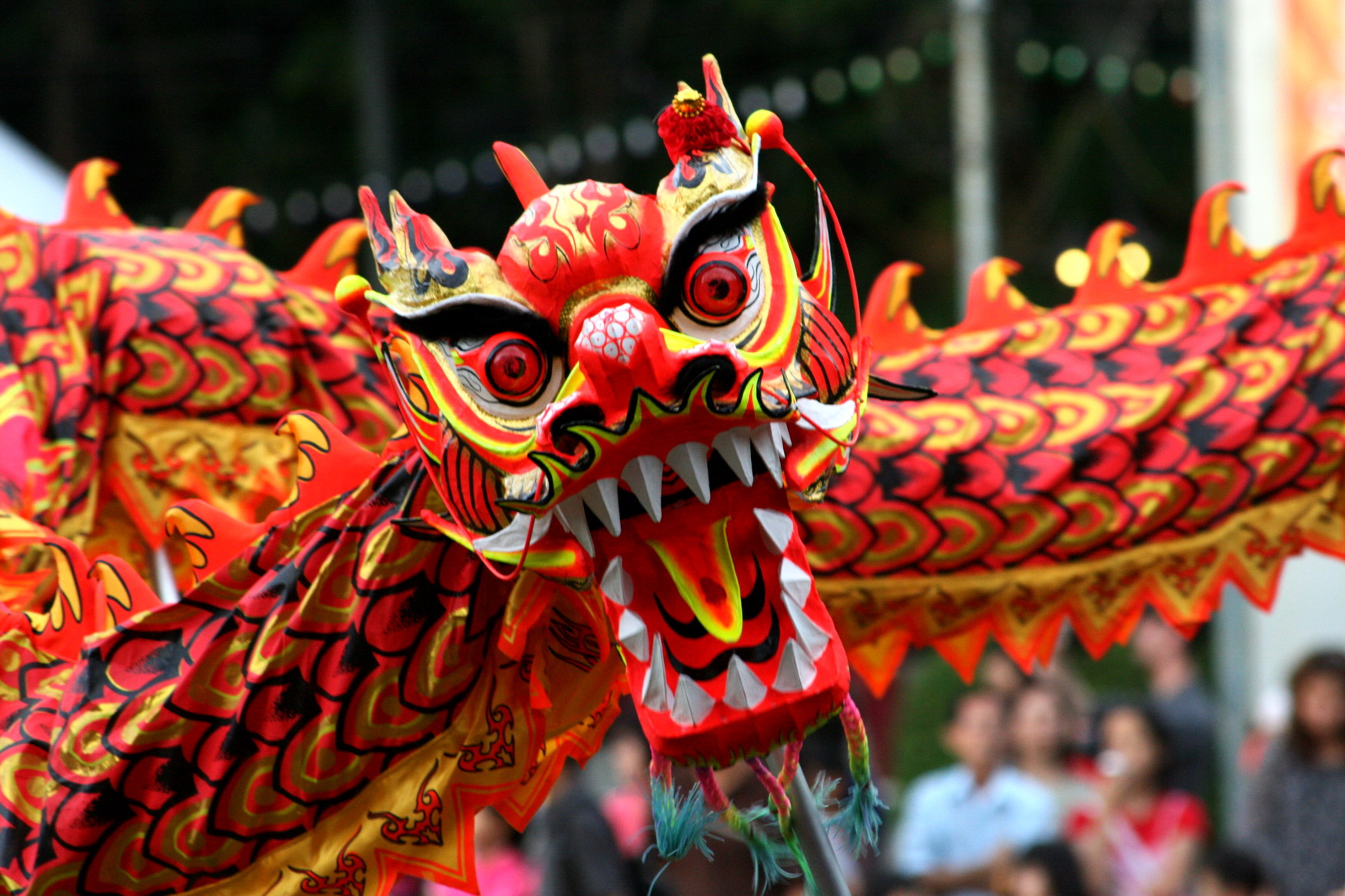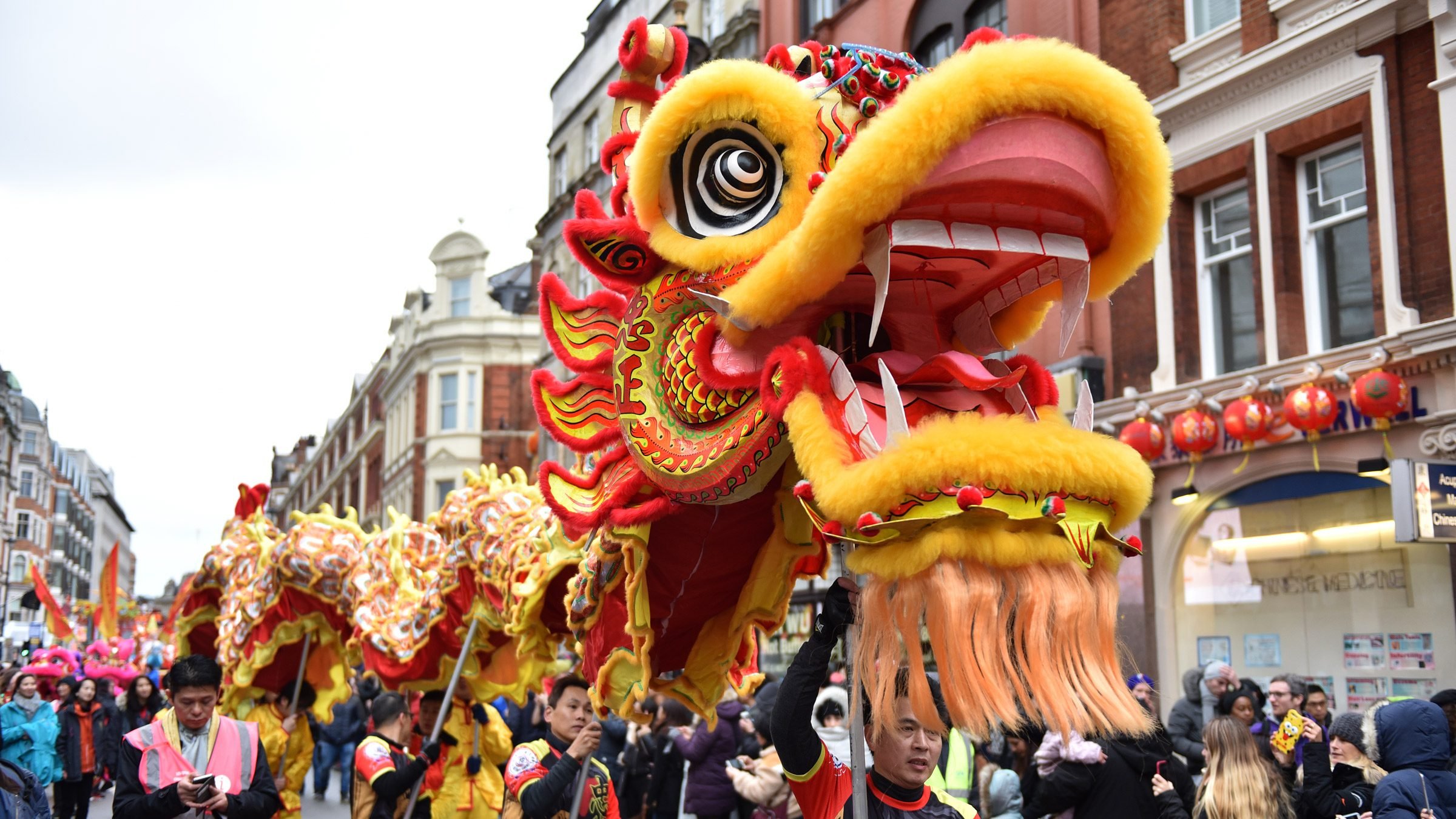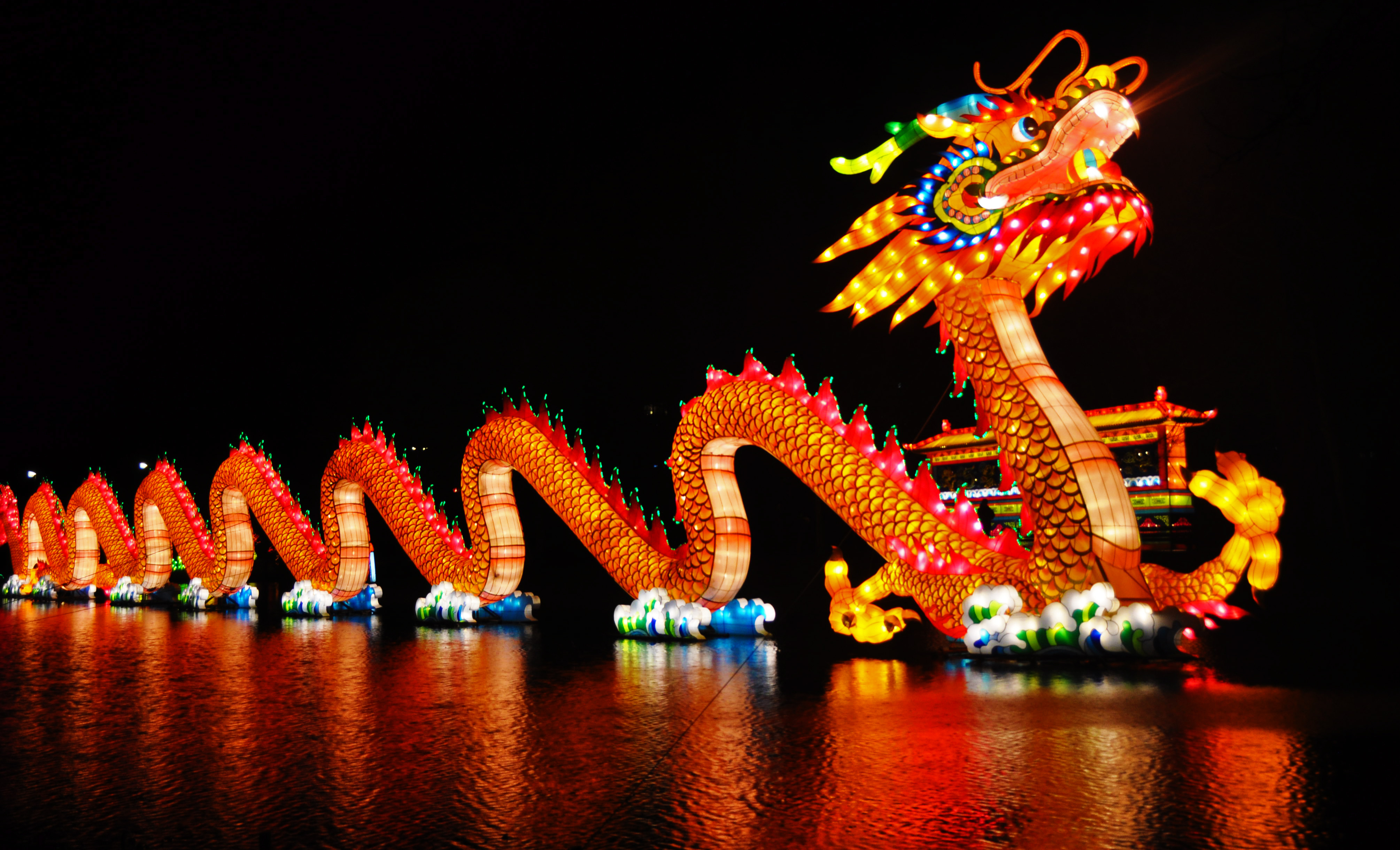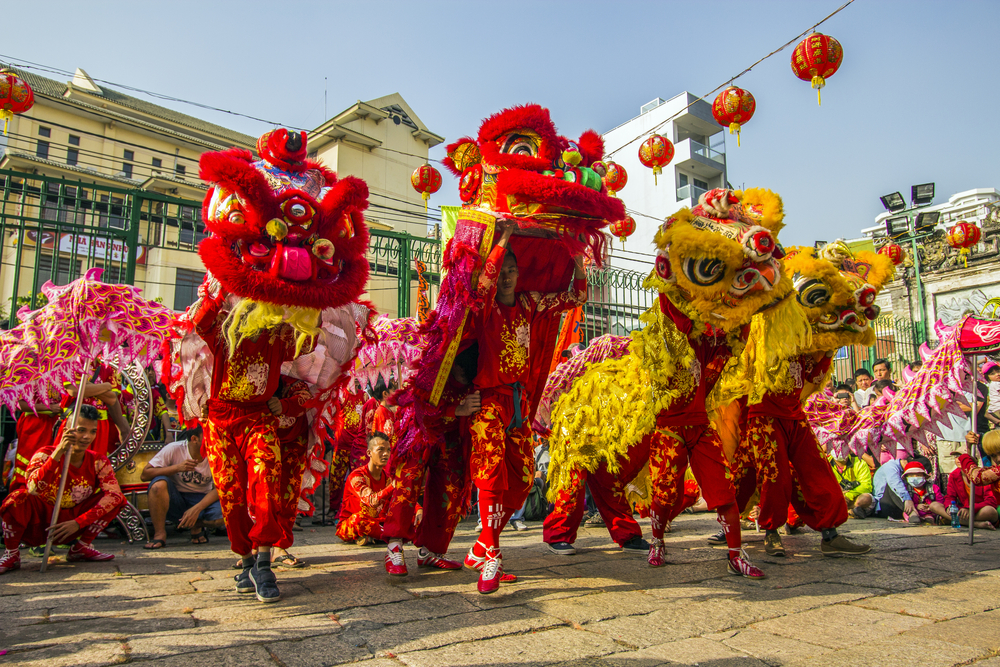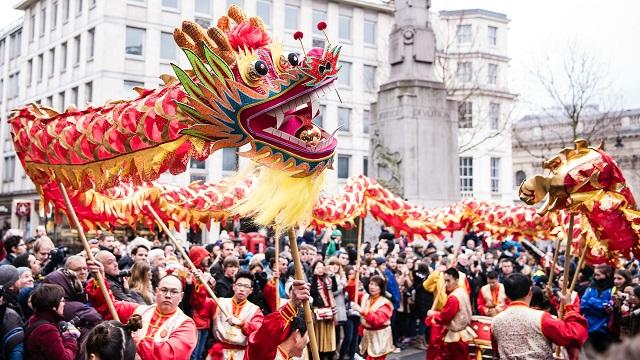
In Chinese culture, the dragon is a revered and auspicious creature that symbolizes power, strength, and good fortune. As one of the twelve animals in the Chinese zodiac, the dragon is considered a noble and majestic creature that is revered for its wisdom, courage, and grandeur. In this article, we will delve into the significance of the dragon in Chinese culture, its symbolism, and how the Chinese celebrate the Year of the Dragon.
Origins and Symbolism of the Dragon in Chinese Culture

The dragon has been an integral part of Chinese culture for thousands of years, with its origins dating back to the Shang Dynasty (16th-11th centuries BC). According to Chinese mythology, the dragon was a powerful and benevolent creature that was revered for its wisdom, courage, and strength. The dragon was often depicted as a long, snake-like creature with five claws, flamboyant whiskers, and a flattened head.
In Chinese culture, the dragon is a symbol of power, strength, and good fortune. It is often associated with the emperor and is considered a symbol of imperial power. The dragon is also a symbol of fertility and prosperity, and is often depicted in Chinese art and literature as a benevolent creature that brings good fortune and prosperity.
Characteristics of People Born in the Year of the Dragon

People born in the Year of the Dragon are often characterized as confident, courageous, and charismatic. They are natural-born leaders who possess a strong sense of determination and ambition. Dragons are also known for their passion and enthusiasm, and are often drawn to careers in the arts, entertainment, and politics.
However, dragons can also be prone to impulsiveness and recklessness, and can sometimes come across as arrogant or domineering. Despite this, they are fiercely loyal and protective of their loved ones, and will stop at nothing to defend them.
Strengths of People Born in the Year of the Dragon
Confident and charismatic leaders Passionate and enthusiastic Loyal and protective of loved ones Determined and ambitious Natural-born risk-takers
Weaknesses of People Born in the Year of the Dragon
Impulsive and reckless Arrogant and domineering Prone to mood swings Can be overly critical and perfectionistic
Celebrating the Year of the Dragon in Chinese Culture

The Year of the Dragon is celebrated with great fanfare in Chinese culture, with festivities and traditions that date back centuries. The celebration typically begins on the second new moon after the winter solstice, and is marked by parades, fireworks, and lion dances.
In China, the Year of the Dragon is considered a time of renewal and rebirth, and is often marked by the giving of gifts and the exchange of red envelopes filled with money. The dragon is also a popular motif in Chinese art and literature, and is often depicted in paintings, sculptures, and ceramics.
Traditional Foods Eaten During the Year of the Dragon
Dumplings: a symbol of good fortune and prosperity Fish: a symbol of abundance and wealth Noodles: a symbol of longevity and good health Sweet rice balls: a symbol of unity and togetherness
Traditional Activities Done During the Year of the Dragon
Lion dances: a traditional dance performed to bring good luck and fortune Fireworks: a symbol of joy and celebration Red envelope giving: a tradition where red envelopes filled with money are given to children and loved ones Visiting temples: a tradition where people visit temples to pray and seek blessings
Conclusion
The dragon is a revered and auspicious creature in Chinese culture, symbolizing power, strength, and good fortune. People born in the Year of the Dragon are confident, courageous, and charismatic, with a natural-born sense of determination and ambition. The Year of the Dragon is celebrated with great fanfare in Chinese culture, with festivities and traditions that date back centuries.
As we celebrate the Year of the Dragon, let us remember the importance of this majestic creature in Chinese culture, and the values of confidence, courage, and charisma that it embodies. Whether you are a dragon or not, we invite you to join in the celebration and festivities, and to experience the joy and excitement of this special time of year.
So, what are your thoughts on the Year of the Dragon? Have you ever celebrated this special time of year? Share your experiences and traditions with us in the comments below, and let's keep the conversation going!
FAQs:
What is the symbolism of the dragon in Chinese culture?
+The dragon is a symbol of power, strength, and good fortune in Chinese culture. It is often associated with the emperor and is considered a symbol of imperial power.
What are the characteristics of people born in the Year of the Dragon?
+People born in the Year of the Dragon are confident, courageous, and charismatic. They are natural-born leaders who possess a strong sense of determination and ambition.
How is the Year of the Dragon celebrated in Chinese culture?
+The Year of the Dragon is celebrated with great fanfare in Chinese culture, with festivities and traditions that date back centuries. The celebration typically begins on the second new moon after the winter solstice, and is marked by parades, fireworks, and lion dances.
Gallery of Celebrating The Year Of The Dragon In Chinese Culture
